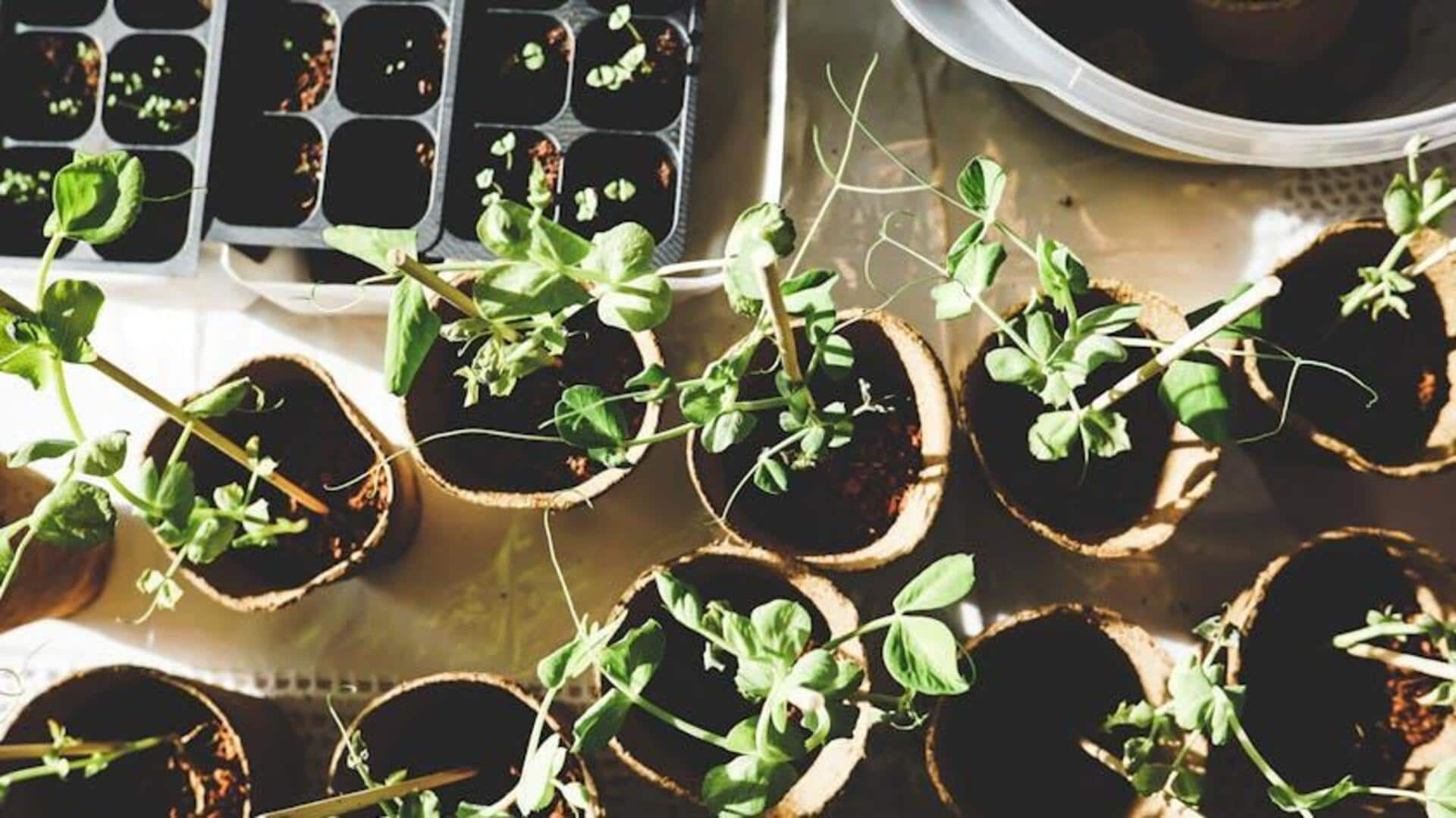
Smart seasonal gardening practices in Africa
What's the story
Gardening in Africa's diverse climates, from lush tropics to arid deserts, offers unique rewards and challenges.
Success hinges on understanding the rhythm of the seasons.
This article focuses on cost-effective and efficient gardening practices tailored to the continent's distinct seasonal cycles.
It strives to empower gardeners to optimize yields while preserving resources, highlighting the importance of harmonizing with the local environment.
Rainwater harvesting
Utilize rainwater harvesting techniques
In most of Africa, rain is not year round. It's seasonal, and water is gold.
By establishing straightforward rainwater harvesting systems with barrels or tanks, gardeners can capture precious rain during monsoon season and utilize it in drier months.
This not only minimizes reliance on municipal water supplies but can also cut water bills in half.
Indigenous selection
Choose indigenous plants wisely
Indigenous plants, being naturally adapted to Africa's diverse climates, require far less water and care than exotic species.
Choosing these plants for your garden fosters a more resilient and sustainable ecosystem.
They have a higher resistance to local pests and diseases, eliminating the need for chemical treatments.
This conscious choice contributes to the harmony of the local environment, providing a healthier garden with minimal effort.
Companion planting
Implement companion planting strategies
Companion planting is the practice of strategically placing plants together that benefit each other through pest deterrence or growth enhancement.
This natural method eliminates the need for harsh chemical pesticides and fertilizers, fostering a healthier environment.
For instance, marigolds can repel harmful nematodes in the soil that would otherwise damage vegetable roots.
Composting
Practice seasonal composting
Composting organic waste produces nutrient-dense soil amendments, enhancing soil health and fertility without relying on expensive commercial fertilizers.
By aligning your composting efforts with the rhythm of the seasons—incorporating an abundance of dry leaves in the fall, for example—you can ensure a steady supply of life-giving compost all year round.
Irrigation efficiency
Adopt efficient irrigation methods
Efficient irrigation, such as drip systems or soaker hoses, delivers water directly to plant roots, minimizing waste from evaporation or runoff.
These techniques are vital for water conservation during dry periods.
While there may be some initial setup costs, you'll recoup your investment through lower water bills and healthier, more productive plants.